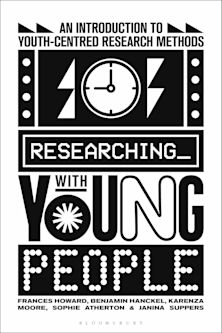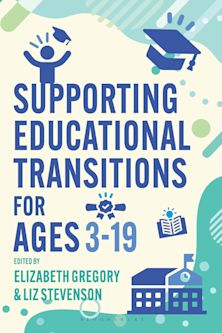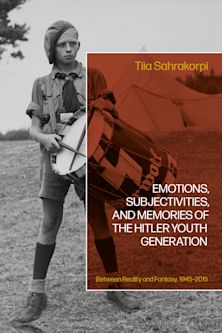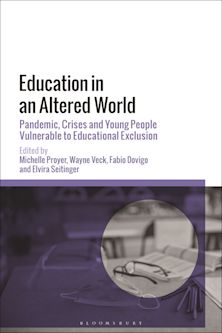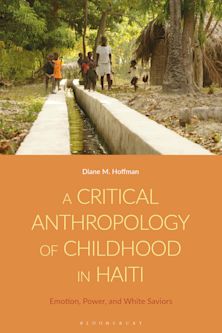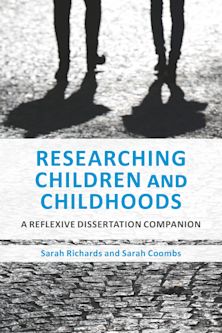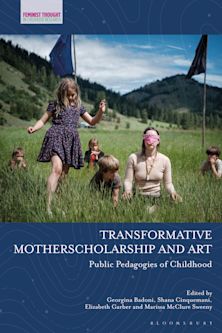- Home
- ACADEMIC
- Education
- Childhood and Youth Studies
- Anthropocene Childhoods
Anthropocene Childhoods
Speculative Fiction, Racialization, and Climate Crisis
Anthropocene Childhoods
Speculative Fiction, Racialization, and Climate Crisis
For information on how we process your data, read our Privacy Policy
Thank you. We will email you when this book is available to order
You must sign in to add this item to your wishlist. Please sign in or create an account
Description
Product details

| Published | 17 Nov 2022 |
|---|---|
| Format | Ebook (PDF) |
| Edition | 1st |
| Extent | 256 |
| ISBN | 9781350262393 |
| Imprint | Bloomsbury Academic |
| Illustrations | 10 bw illus |
| Series | Feminist Thought in Childhood Research |
| Publisher | Bloomsbury Publishing |
About the contributors
Reviews
-
Ashton produces a book that weaves together a posthumanist perspective on the figure of the child with a number of apocalyptic science-fiction texts, situating her work in the context of sf studies and creating an interdisciplinary approach that will be of interest to many scholarly fields ... Ashton convincingly shows how speculative fiction is a productive site for imaginatively exploring the tensions and contradictions of Anthropocene childhoods in the climate crisis and at the end of the world, recognizing the activist affordances that so many contemporary sf scholars are finding in the genre.
Science Fiction Studies
-
Ashton has produced a provocative and engaging text, which challenges the reader to interrogate our configurations of childhood through an exercise in apocalyptic thinking via the medium of speculative fiction. Through her subjects – racialized child-figures at end of the world – she challenges white, privileged versions of childhoods of the Anthropocene. A must-read for anyone who is engaged in deep reflection on the futures of childhood and childhood studies.
Anne Luke, Director, Inclusion, Childhood and Youth Research Centre, School of Education, University of Leeds, UK
-
The figure of the child has long been mobilized as a symbol of hope for the future. But in these precarious times of anthropogenic climate change, humanity's future is no longer assured. In this provocative book, Emily Ashton challenges us to re-imagine the possibilities for child-climate futures by drawing on feminist, Black and Indigenous geologics to speculate about hopeful otherwise modes of being and relating on a damaged Earth.
Affrica Taylor, University of Canberra, Australia












